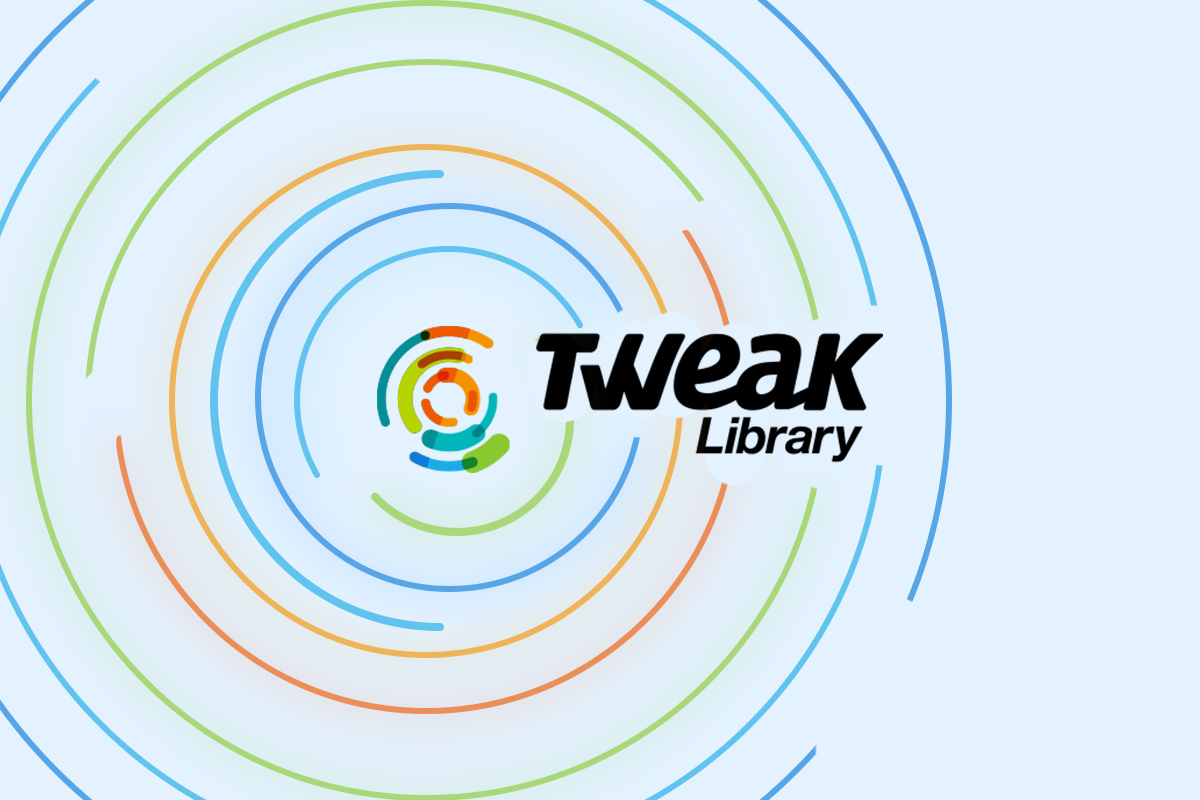Using these simple methods you can protect your sensitive data from the security breach.
Undoubtedly, the Internet has changed our lives a lot, both in a positive and negative manner. Where there are countless positive things there is a dark side also.
Our privacy is lost, leaving us and our data at risk thus, making data and its security an important issue of concern. Almost all our crucial information be it personal, financial, medical or otherwise are stored online that cannot be replaced.
We have no control over data lost due to natural calamities such as fire or flood, but what about data loss due to human errors? Should we let it be that way or take some steps to secure it?
Today, we will discuss different ways to keep our personal data safe from the security breach.
The primary reason due to which we become the victim of a security breach, or our data falls into wrong hands is lack of knowledge and our carefree attitude that gives an open invitation to unauthorized access.
By using these simple changes and by making certain changes in our behavior we can go a long way to limit data vulnerability and reduce the risk of a security breach.
1. Email
You don’t get something for anything. It seems, we all have forgotten this economic theory and are just running after free products. The biggest example of which is Gmail, Yahoo, and other similar web services.
Gmail the widely used email service is free but do you know the reason? Google offers this for free so that it can collect user data. Therefore, to stay protected you should avoid using free services. Also, people think that if they are sending encrypted data then it is protected, but it isn’t completely true because the metadata sent with messages says all about it and there’s no way to encrypt it.
Therefore, if you want to tackle security breach and keep your communications secure use paid email services.
Also Read : Tips To Enhance Your IPAD’S Security
2. Encryption
We all consider data encryption as the strongest way to secure data, but that itself is no longer secure. With things changing around us, data encryption is at risk. There are various tools available in the market that makes decryption of data easy and quick. For example, GPG for Mail an open-source plug-in is used to decrypt, encrypted signature and it can verify email via OpenPGP standards.
Therefore, to encrypt data never trust any free service use a paid service as they have stronger encryption techniques, features and may turn out to be beneficial for data protection.
3. Web Browsing
The most common practice followed by individuals these days is Internet browsing. Therefore, we need to take browser security and privacy seriously. Most browsers save cookies and use them to make their services better, but if you are unhappy about this fact then you can use browsers like Tor to protect yourself from data breach and stop commercial companies from tracking your online behavior.
4. Online Data Storage Services
The most talked-about service these days is online data storage (Cloud) but do you know cloud services (Dropbox, Evernote, and others) are recognized as services accepting NSA-style snooping. While working with online data services always assume that anything stored on the cloud is potentially accessible by others. And if you still trust them for your data then make sure it is encrypted.
5. File storage and compression archiving
Another option becoming popular these days is the use of personal cloud service. This works on internet-connected drives. For this, products such as PogoPlug and Transporter are used. If you too want to use it or are already using then you need to make sure that the data is encrypted otherwise it will be at risk. Because attackers are now targeting archived data.
6. Social networking
Minimizing the use of social networking sites is a good option to stay protected. Also, make sure that you never mention any personal information like date of birth and other sensitive details in your profile as it may disclose your identity to identity thieves. Most importantly never forget whatever your privacy settings are, you have no control over the information posted by your friends.
7. GPS data
Avoid using services that require location information even when not required as they are one of the common reason responsible for a data breach.
8. Bluetooth services
Keep Bluetooth disabled in all your devices. Enable it only when explicitly required to avoid data breach.
Otherwise, even no one can access your device and data. Likewise, avoid using public WiFi especially to make a financial transaction. However, if you end up using public WiFi ensure that the site you are trying to access uses HTTPS rather than unencrypted HTTP connections. If you avoid this and access an unencrypted site then anyone in close proximity can see and have access to everything you are doing on that connection.
Must Read: Best Anti-Spy Apps For Android To Keep Your Data Safe And Secure
9. Personal security
Create long and complicated passwords. For this, you can use meaningless sentences that are easy to remember. Also, you can use different password manager tools available in the market to reduce the risk of a data breach.
10. Search Engines
Search engines are used to search for anything online. But do you know search engines that you use for this purpose stores your search criteria to track what you look for, and to build profiles to serve you in a personalized manner? However, if you want to escape from this, you can use DuckDuckGo a browser that doesn’t track you.
We hope by keeping these small tips in mind you can protect your online stored data from the security breach. It’s not that the Internet is responsible for risking your data, it’s just that due to our silly mistakes, the human error we ourselves are responsible for identity theft and data attacks. If we start paying attention to our actions no one can fool us and get their hands on our data. The first step to stay secure is to gain knowledge and implement it. Only attaining knowledge will not guard your data.






Leave a Reply